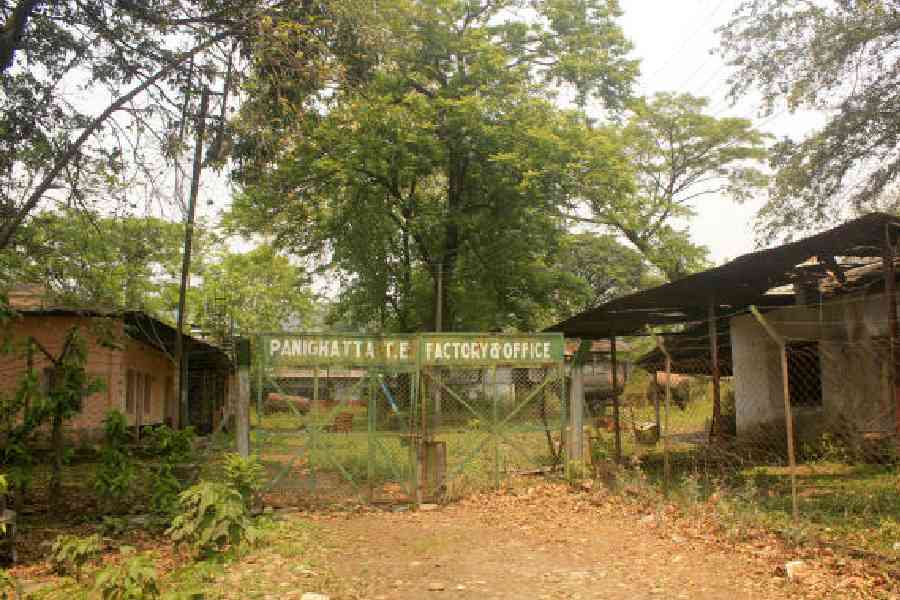The Mamata Banerjee government has introduced a standard operating procedure (SOP) to ensure routine operations in closed or abandoned tea gardens.
The state land and land reforms department issued a notification on November 6, detailing the steps to be followed to hand over such gardens on a short-term settlement basis for a period of up to three years to prospective investors and eventually lease out the estates for 30 years to the same investors if they meet the stipulated clauses in running the garden.
“We welcome this initiative. It would facilitate the smooth running and early revival of the closed and abandoned tea estates. The notification on SOP mentions a set of rules that private companies or individuals who are interested in running such gardens will have to follow. It will also ensure the job security of the workers of such tea estates,” said Ritabrata Banerjee, the state INTTUC president.
In north Bengal, at least 25 tea estates are closed or abandoned now. The state labour department has initiated talks to expedite the reopening of the gardens but in some cases, there has been no positive development, and the gardens are closed for years.
The SOP says if a garden remains closed for three months and has not paid dues to the workers or if the lease of a garden has expired, the state government can hand over such gardens to new entrepreneurs on a short-term settlement basis.
“The state will check the credentials of prospective investors before letting them run a closed or abandoned garden. They include financial solvency and experience in the tea industry. The investor for a garden will be chosen through a limited bidding process,” said an official.
Once a closed or abandoned garden is handed over on a short-term settlement basis, the state will constantly monitor whether the company or the individual concerned is adhering to the rules like regular payment of wages and other dues, initiatives for improvement of the garden, deposition of security (maximum ₹2 crore) which is equivalent to three months' salaries and wages of the staff and the workers of the garden with the state government.
“If the company or the individual runs the garden for a maximum of three years by adhering to all these clauses, the state government can think of providing the garden to the concerned enterprise on lease for 30 years. On the contrary, if there is a violation of the clauses, the short-term settlement agreement can be terminated,” the official added.
Representatives of the planters' fraternity have also welcomed the decision.
“Through the notification, the state has tried to address the issue of the closure of tea estates and to keep the operations open. Considering the livelihood of the workers, it is a progressive step. However, it is important to consider that gardens closing down because of industrial disputes do not come under the scope of the notification,” said Prabir Bhattacharjee, the secretary general of the Tea Association of India.
Surajit Bakshi, the director of Merico Agro Industries Private Limited, which has been running 13 abandoned and closed tea estates, including some tea gardens that have been with Duncans since 2018, appreciated the notification.
“Now that the notification has come up, we believe our company will get the lease of all these gardens. We have run the gardens satisfactorily and once we get the lease, we would be able to approach financial institutions for loans which in turn, can be used for further development of the gardens,” said Bakshi.










